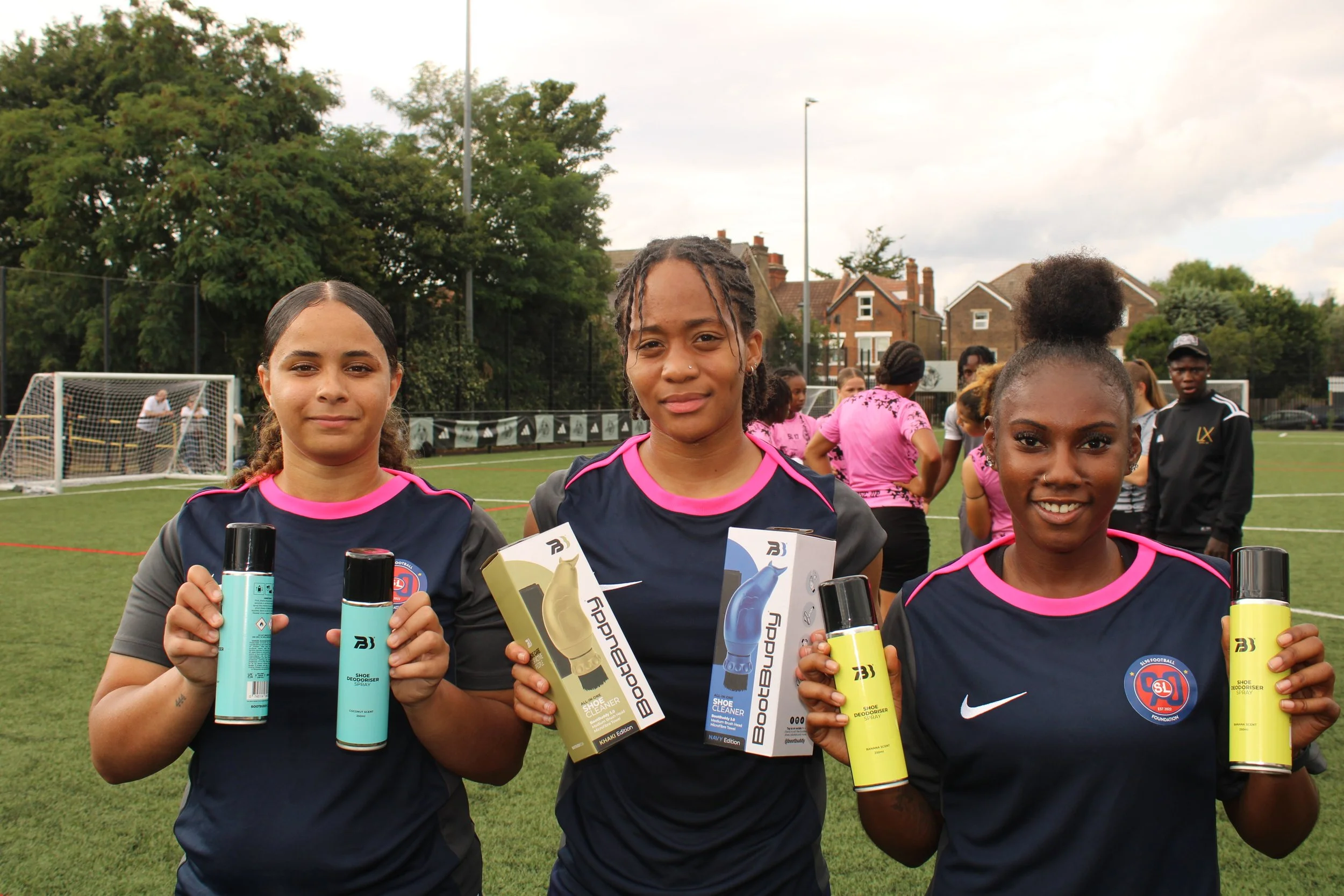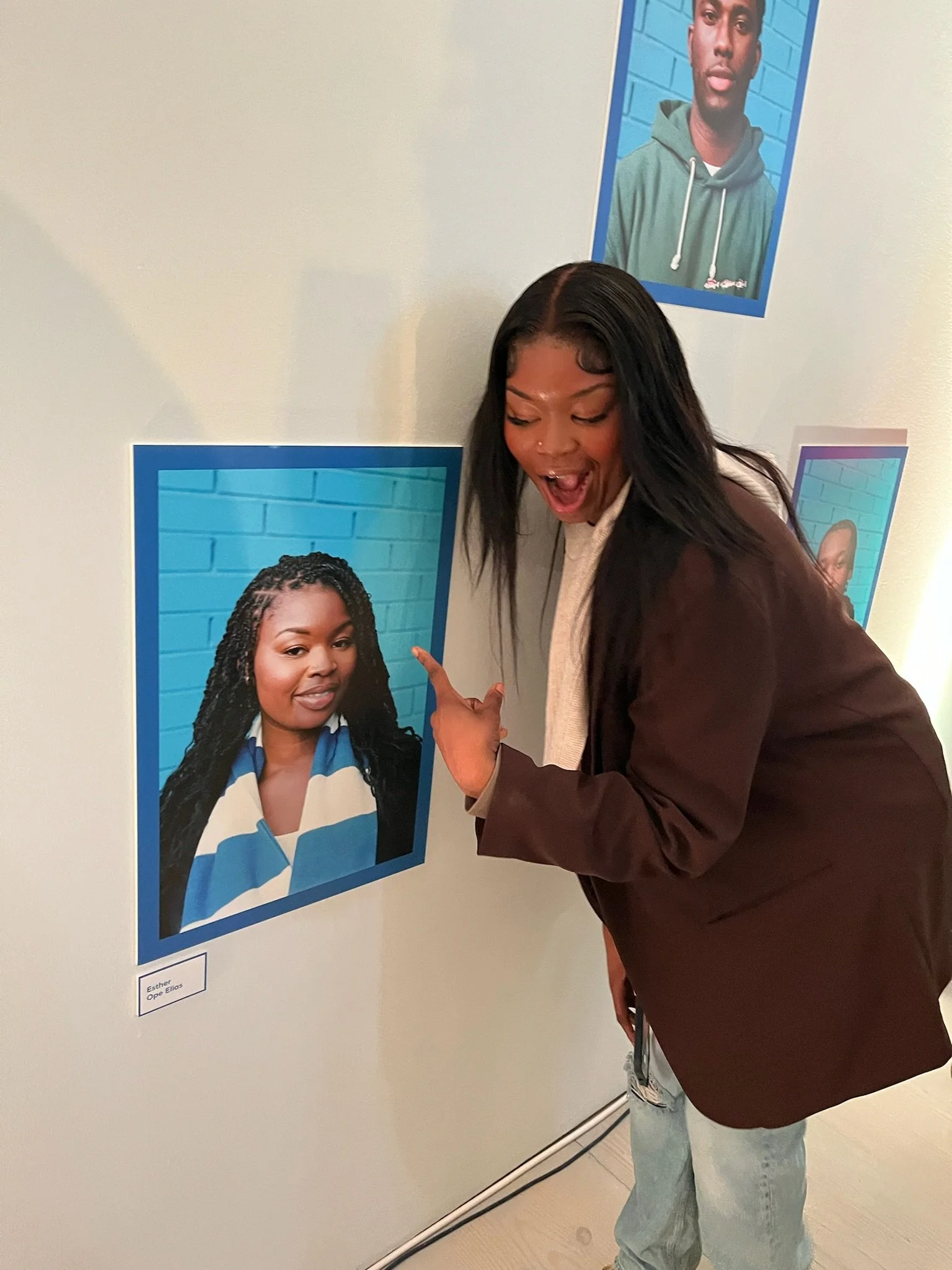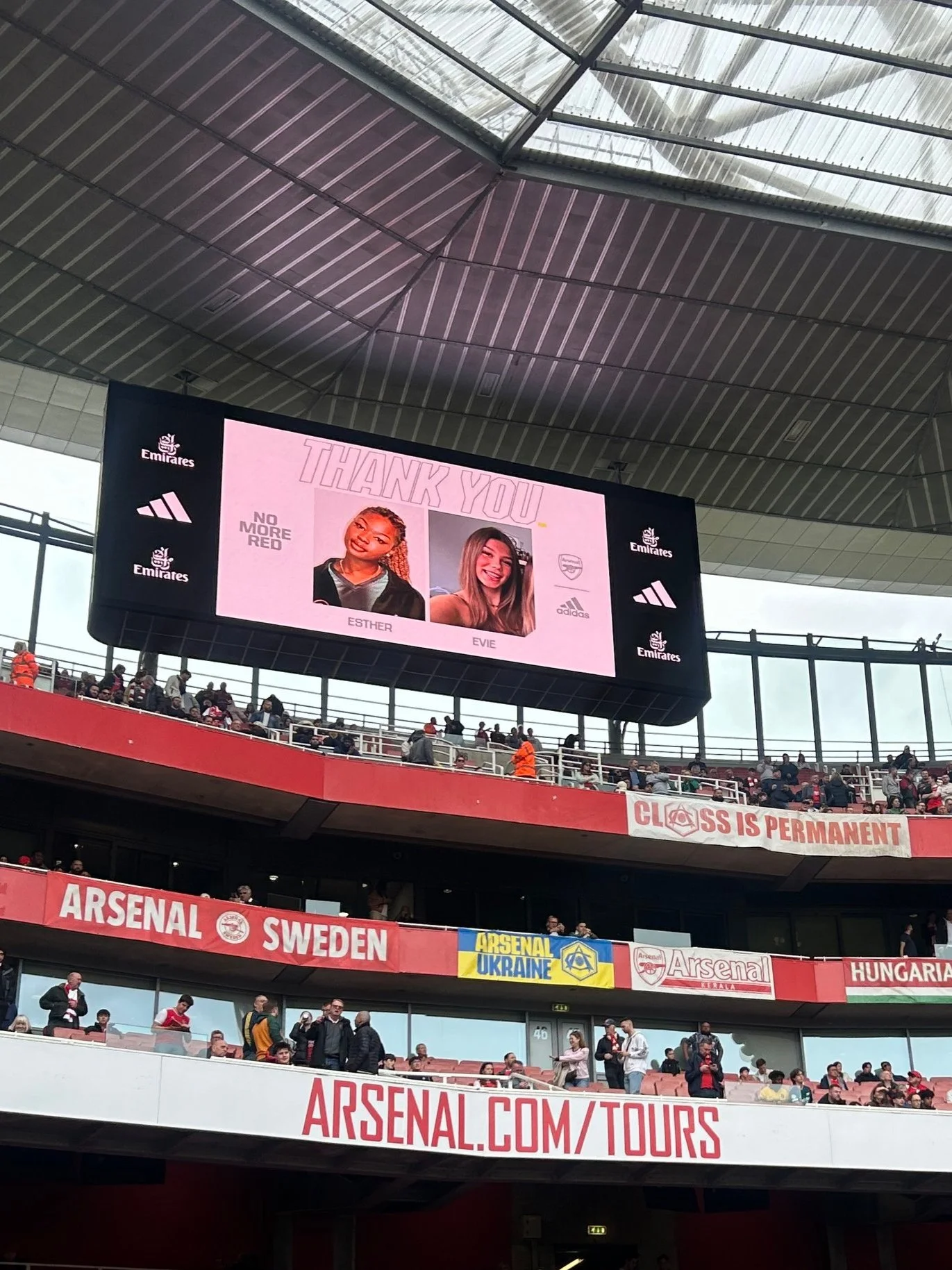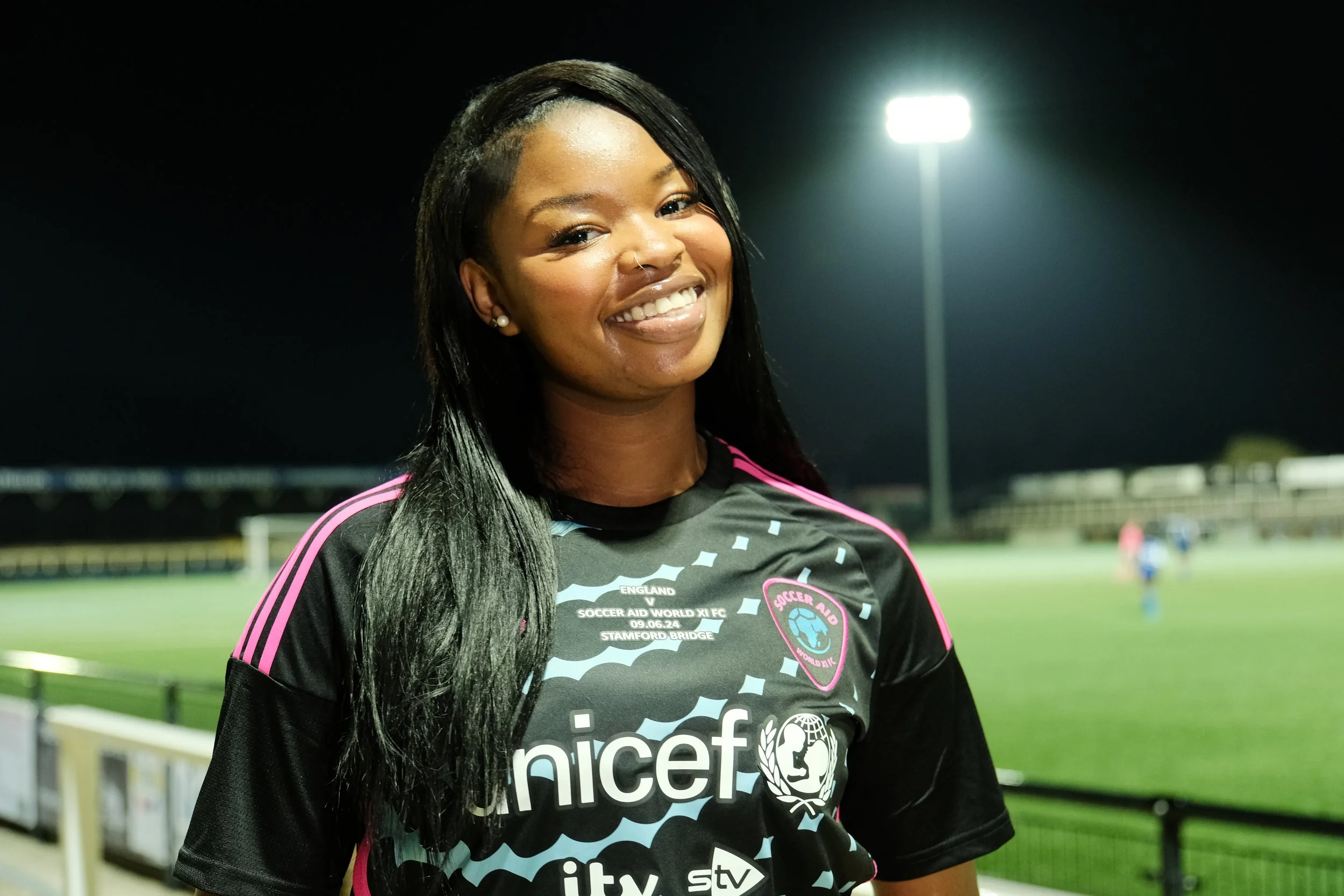who we are
Effort Over Environment Collective (EOE) is a South London based non-profit organisation established to equip girls and women with the skills, confidence, and opportunities needed to thrive within the football industry and beyond with a culturally competent approach.
Founded by Esther Elias at just 16, a year into recovering from a tibial osteotomy that ended her dream of becoming a professional player, EOE is grounded in lived experience and intersectionality, born from a desire to change the narrative in a game where women of colour remain underrepresented at every level.
With only 24.5% of directors in the Women’s Super League and Championship being women, and just 9.7% of players coming from Black, Asian, or minority ethnic backgrounds, including only 0.3% South Asian representation, EOE exists to rewrite what inclusion looks like, using real stories to inspire resilience, redefine possibility, and reimagine who gets to belong in the game.
Our VALUES
-
We lead with lived experience and cultural competency to amplify voices as they are.
-
We acknowledge the intersectional factors that often limit girls and women.
-
We believe it takes a village to create change, we do this by building together with schools, communities and businesses.
-
We believe in effort as a driver for transformation.
-
We embrace storytelling as a tool for change.
what we do
The EOE Collective is built on community, culture, and collaboration.
We create environments where girls and women can thrive — whether on the pitch, behind the camera, or in the boardroom.
-
We connect young women to role models, career pathways, and industry access through workshops, mentoring, and skill-building sessions helping them turn passion into purpose.
-
We use football as a vehicle for confidence, community, and growth championing physical and mental wellbeing through play, teamwork, and safe spaces.
-
We celebrate lived experiences through creative storytelling, highlighting the journeys of girls and women in football to inspire the next generation and challenge limiting narratives.
AS FEATURED







